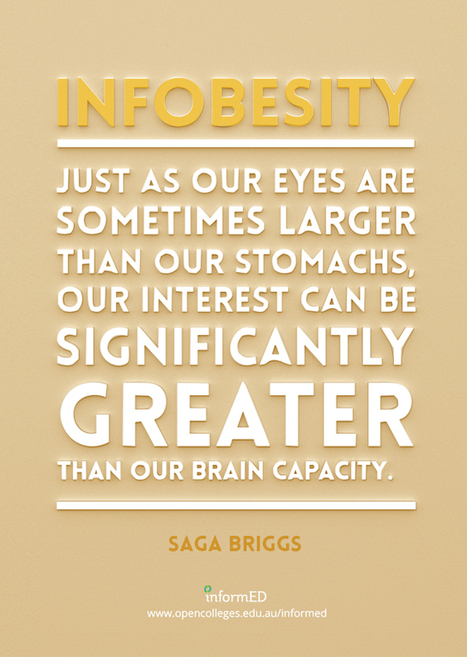When Grace Dearborn started her career teaching high school students, she felt confident about how to teach but unprepared for managing behavior in her classroom. During more challenging disciplinary moments with students, she used her angry voice with them, thinking that would work. Instead, on one occasion, an escalated situation led to a student following her around the classroom for 15 minutes while she was teaching until security could come to escort the student out of the class.
It wasn’t until a few years into her job that a colleague saw how she was communicating with her students and suggested a different approach. Dearborn’s colleague noticed that she couldn’t keep frustration out of her voice and body language when she was having disciplinary moments with her students, which only heightened the tension. When her mentor teacher saw what was happening, she told Grace to soften the muscles around her eyes — as opposed to creating tension when furrowing your eyebrows. She said that keeping the muscles around the eyes completely neutral will soften any harsh tones in your voice.
Get Started for FREE
Sign up with Facebook Sign up with X
I don't have a Facebook or a X account
 Your new post is loading... Your new post is loading...
 Your new post is loading... Your new post is loading...
|
Beth Dichter's curator insight,
April 8, 2014 8:30 PM
To say there is a massive amount of information that comes our way each day is not an understatement. How we deal with information is a different question. If you are feeling overwhelmed but it, or your students are feeling overwhelmed, then you may want to read this post. Did you know that researchers say that it is "our inability to organize and process it...without experience cognitive overload." The Internet keeps providing us with "just one more link" so knowing when to stop is difficult. After this discussion the post looks at Concerns for Students and Teachers, discussing eleven areas such as: * Distractedness * Mobility madness * Impaired research skills Each of these areas are described. The final section looks at Management Techniques, beginning by looking at a number of ways people have attempted to map the Internet before moving on to a list of ten management techniques that may help you (and your students) prevent information overload including: * Help students understand the structure of the web and the concept of networking * Hone your research skills and help students hone theirs * Use activity streams Additional information on these techniques (and seven more) are in the post. 
Melissa Marshall's curator insight,
April 8, 2014 9:15 PM
This is an excellent article if you are suffering Internet fatigue. We are taking in more and more information than our brain can process about so many general things, rather than specialising like we used to. According to the article, the feeling of being digitally overwhelmed comes from "our inability to organise and process it...without experiencing cognitive overload." The Internet keeps providing us with "just one more link" so knowing when to stop is difficult. There is a section called 'Concerns for Students' which is quite insightful. |











